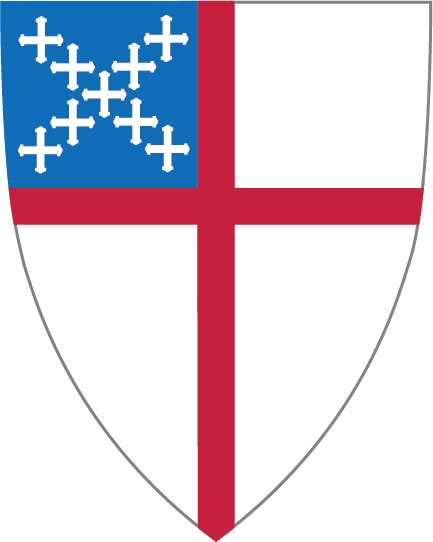MEDITATION AT ST. JOHN’S
The meditation group meets from 4 to 5 PM on Wednesdays in person and via Zoom
Each gathering begins with the following prayer:
“Heavenly Father, open our hearts to the silent presence of the Spirit of your Son.
Lead us into that mysterious silence where your love is revealed to all who call Maranatha….. Come, Lord Jesus.”
The World Community for Christian Meditation
The World Community for Christian Meditation, founded by John Main (1926-1982), who was an Irish Benedictine monk OSB (Order of St. Benedict) is the practice that meditators at St. John’s have followed since 2016. At the beginning of each Wednesday evening’s hour of meditation, we read a page from John Main’s book Silence and Stillness in Every Season. Then, after 20 minutes of meditation, we pray a psalm out loud, followed by the practice of Lectio Divina. This ancient practice is simply reading a scripture passage, or other inspired work slowly and reflectively in order to discern what the Holy Spirit is saying to us, in our lives today, through those words. We close with a Celtic Compline which is the last prayer of the night in the monastic tradition.
The origins of the World Community for Christian Meditation (WCCM) are ancient. John Main’s inspiration originated with Abba John Cassian (360-435 A.D.) who collected the Sayings of the Desert Father in Egypt and then started his own monastery in Marseilles. Cassian had been taught Monolinguistic prayer and apophatic theology. Monolinguistic prayer consists of the use of a short phrase or sentence, usually based on scripture, which may be recited repetitively either in time of difficulty or as a regular practice. The mantra recommended by the WCCM is “maranatha”, an ancient Christian prayer form in Jesus’ language, Aramaic. It means “Come Lord”. In Apophatic theology, the soul rejects all ideas or images or images of God and enters the “darkness that is beyond understanding, where it is wholly united with the Ineffable”. In the East, apophatic theology is regarded as fundamental. Here it is seen as an affirmation that God cannot be an object of knowledge at all. These two theological principles inspired John Main’s own practice of meditation.
Before Main joined the Benedictine order he Main was in the British Colonial Administrative Service, he was sent to Malaya to assist in the transition of Malaya from a British colony to a country in its own right. There he met a Hindu monk and he was immediately struck by the joy, peace and holiness of the man who often quoted from the Upanishads, “…the spirit is the one who creates the universe, dwells within the human heart and in silence is loving to all”. Main often used this saying later in his talks. John Main’s “basic theology is that Jesus dwells within us, and in union with us…We become more and more united with this, the indwelling Christ. This stream of love becomes alive with us and becomes our prayer. We become one with the prayer of Christ.”
In the 20th century world Main was important because he believed that the call to contemplative prayer was a universal call which crossed religious boundaries and was not just for the professed religious, but also for the laity. His vision was of a contemplative renewal of the church by lay people and a return to the pre-institutional church when people met in private homes. He believed that there is no such thing as good or bad meditation and there should be no evaluation of one. For him, the journey is from the head to the heart. First you say the mantra in your mind. Through commitment to this it becomes rooted and you start sounding it in your whole being…Then you go beyond self-consciousness into the pure silence where there is no sensation of self but a silence of ego and thought.
Upon John Main’s death Laurence Freeman, OSB, became the head of WCCM and since then he has tirelessly traveled to continue being the Christian bridge of mediation spanning the East and West. He said, “The Spirit of God dwelling within us is the central reality of Christian faith. The living Spirit of God dwells within us, giving new life to our mortal bodies. The all-important aim in Christian meditation is to allow God’s mysterious and silent presence with us to become more and more not only a reality, but the reality in our lives; to let it become that reality which gives meaning, shape and purpose to everything we do, to everything we are.”
Note: This information comes from the Introduction to Christian Meditation: A Resource Guide pages the Very Reverend Kenneth Poppe that he self-published in 2007.
The illumination in the photo is by Donald Jackson, Artistic Director of the St. John’s Bible , commissioned by the St. John’s Abbey and University in Collegeville, Minnesota.


